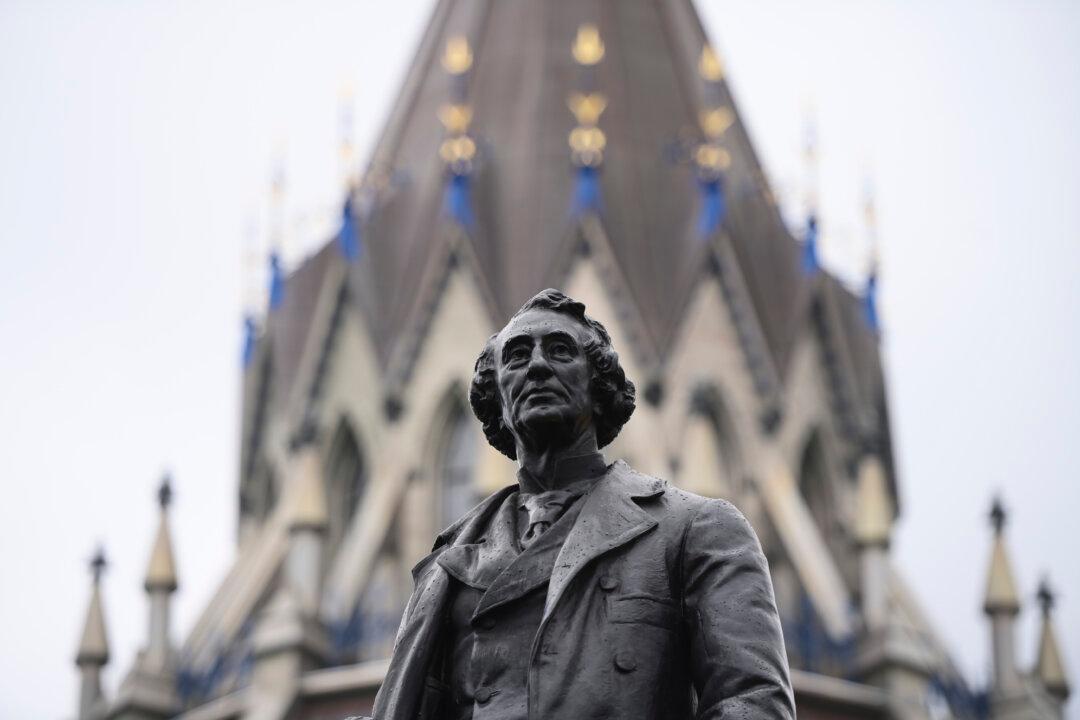Commentary
An election victory, with a new mandate from the voters, is like New Year’s Day in politics. It’s a fresh start—especially for a party returning to power after sitting in opposition for several years.

An election victory, with a new mandate from the voters, is like New Year’s Day in politics. It’s a fresh start—especially for a party returning to power after sitting in opposition for several years.